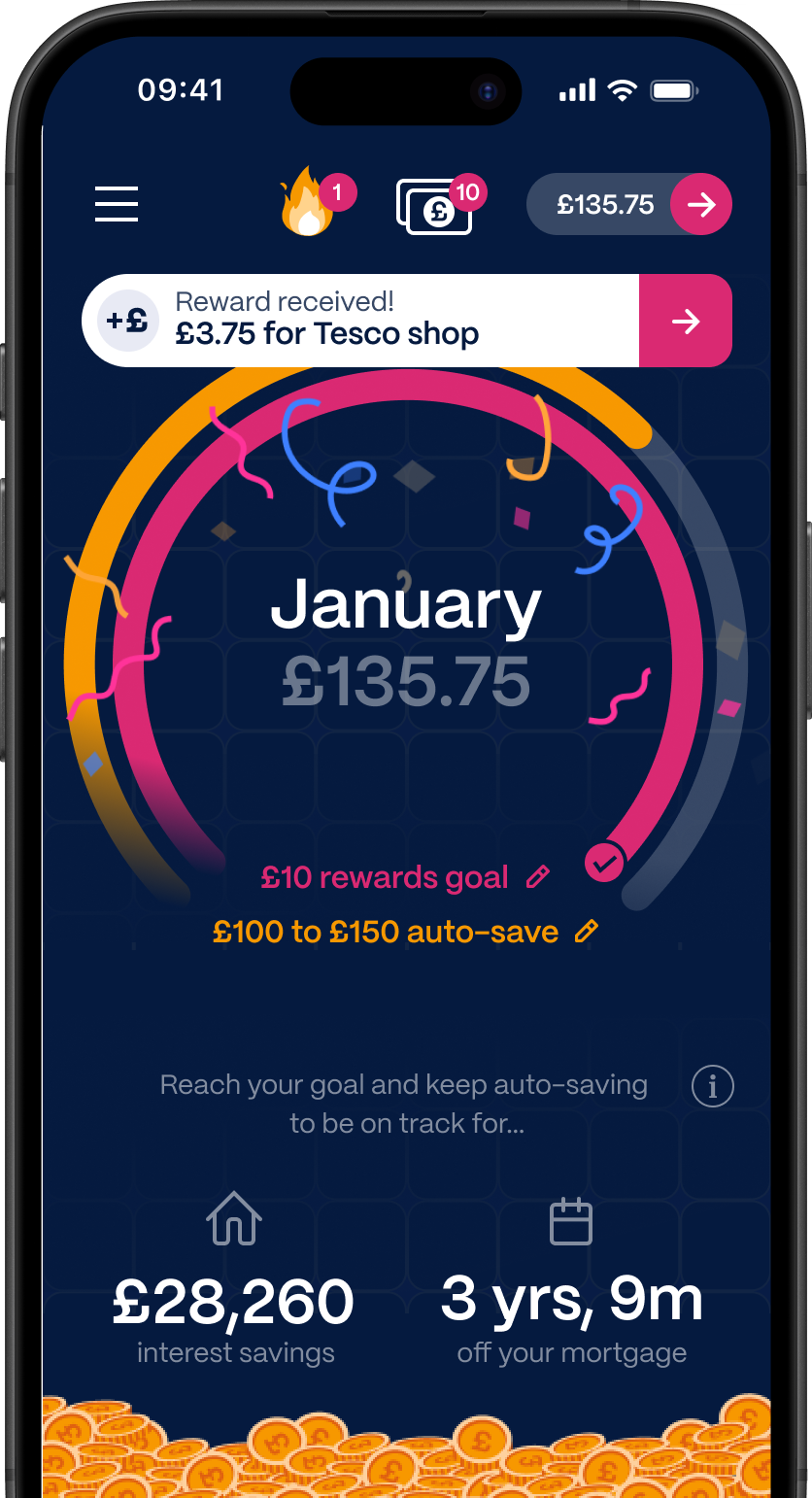Your remortgage FAQ’s


When it comes to remortgaging it can be a super overwhelming process and lead to lots of questions and knowing the ins and outs of mortgages is crucial for making informed choices.
After sitting down with our mortgage experts to see what conversations they have been having with people remortgaging, we’ve put together some of the most commonly asked questions to help you on your way.
Before we get into it, it’s important to remember that it’s always a good idea to speak to a mortgage adviser to understand the right option for you. With Sprive, you have access to a mortgage expert at your fingertips, you can book a free call with them at a time that suits you right from the app.
1. Can I still switch to a lower rate if I secure a product now?
Yes, you can switch to a lower rate after securing a product. Most lenders will allow you to switch to a lower rate as long as you are 14 days out from your current product expiring.
2. Why do lenders have product fees?
Product fees are in place to accommodate for the loss in interest the lender will derive by providing a lower interest rate - these products are beneficial particularly for people with sizeable mortgages over £300K.
3. How long does a remortgage take?
A product transfer (moving to another deal with the same lender) happens almost instantly and the offer is usually in place within 48 hours.
A full remortgage to a new lender usually takes at least one month for the whole process to complete.
4. How much does a remortgage cost?
The cost of a remortgage depends on a few factors. It’s important to be aware of the fees that are involved when a remortgage happens, below are some of the most common charges to be aware of, but you can read a full breakdown here.
Booking Fee - This fee “reserves” your mortgage funds while your application is under review and is usually around £100.
Arrangement Fee - Lenders charge an arrangement fee to set up your mortgage at the start. The cost can vary significantly from lender to lender so it’s important to check this out.
Valuation Fee - The lender will often need to take a valuation of your property. The size of the fee depends on the value of your property, usually around £300 to £400.
5. How long should I fix my next mortgage for?
There isn’t a one-size fits all answer to this question. Typical mortgage deals start at a 2-year fixed rate up to 10 years, although some lenders have also recently started offering a 40 year-fixed rate deal.
How long you should fix your mortgage for depends on the rate, overall costs and your circumstances. You should start by speaking to a mortgage adviser for advice.
6. Should I make mortgage overpayments?
Making mortgage overpayments can have a huge impact on reducing the term of your mortgage and saving you thousands in interest by chipping away directly at the capital of your mortgage and reducing the interest you owe.
You can see how much making mortgage overpayments can save you by using our mortgage overpayments calculator.
However, whether it’s right for you depends on if you can afford it. If you have other high-interest debts, you may also want to think about paying those off first.
With Sprive, you don’t even need to have spare cash to chip away at your mortgage. Just by doing your regular shopping, or even taking quick surveys in the app you can earn cash to put toward your mortgage.
7. Can I remortgage early?
In short, the answer is usually, but it’ll cost you. When you take out a mortgage, you agree on a fixed-rate deal. If for some reason (to release equity, move to a lower rate) you want to remortgage early, usually there is the option to but the lender will most likely charge you an early-exit fee. The cost of an early-exit fee changes by lender so it’s best to check what are in your agreements.
If you have any other questions about remortgaging, head to Sprive Academy where mortgage advisers explain everything you need to know!
Read more articles
Download Sprive today and start taking years off your mortgage
Sprive supports 14 of the largest lenders in the UK. It’s completely free.






